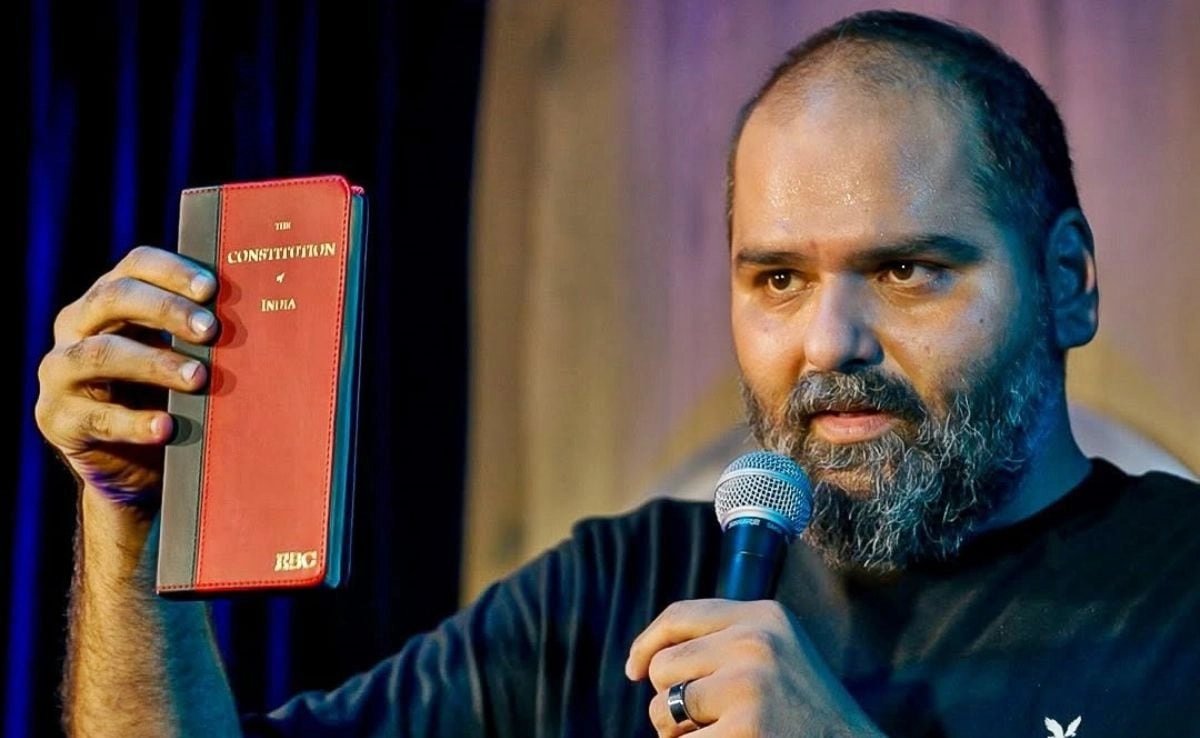Kunal Kamra, the well-known Indian stand-up comedian and social commentator, has recently been granted pre-arrest bail until April 7 in connection with a controversy surrounding his parody of Eknath Shinde, the Chief Minister of Maharashtra. This case highlights the ongoing tensions between artistic expression and political sensitivities in India, particularly in the context of satire, which is often seen as a critical tool for social commentary. Kamra’s comedic style, characterized by his unabashed criticism of political figures, has made him a polarizing figure in the Indian entertainment landscape, attracting both fervent supporters and staunch detractors.
The charges against Kamra stem from his satirical content that allegedly crossed the line for some viewers, leading to complaints from various quarters. The legal proceedings surrounding Kamra’s case raise significant questions about freedom of expression, particularly in a climate where artists frequently face backlash for their work. The pre-arrest bail signifies a temporary reprieve for Kamra, allowing him to continue his engagements without the immediate threat of arrest, while also reflecting the judiciary’s role in navigating the complexities of free speech versus public sentiment.
As the April 7 date approaches, the case is likely to attract further media attention and public discourse, as it encapsulates broader issues regarding the limits of satire in a democratic society. Kamra’s situation serves as a reminder of the delicate balance that must be maintained when it comes to artistic freedom and the potential repercussions that can arise from challenging authority through humor. Ultimately, this incident may serve as a pivotal moment in the ongoing conversation about the rights of artists in India, and how their work is perceived in relation to political figures and institutions.




